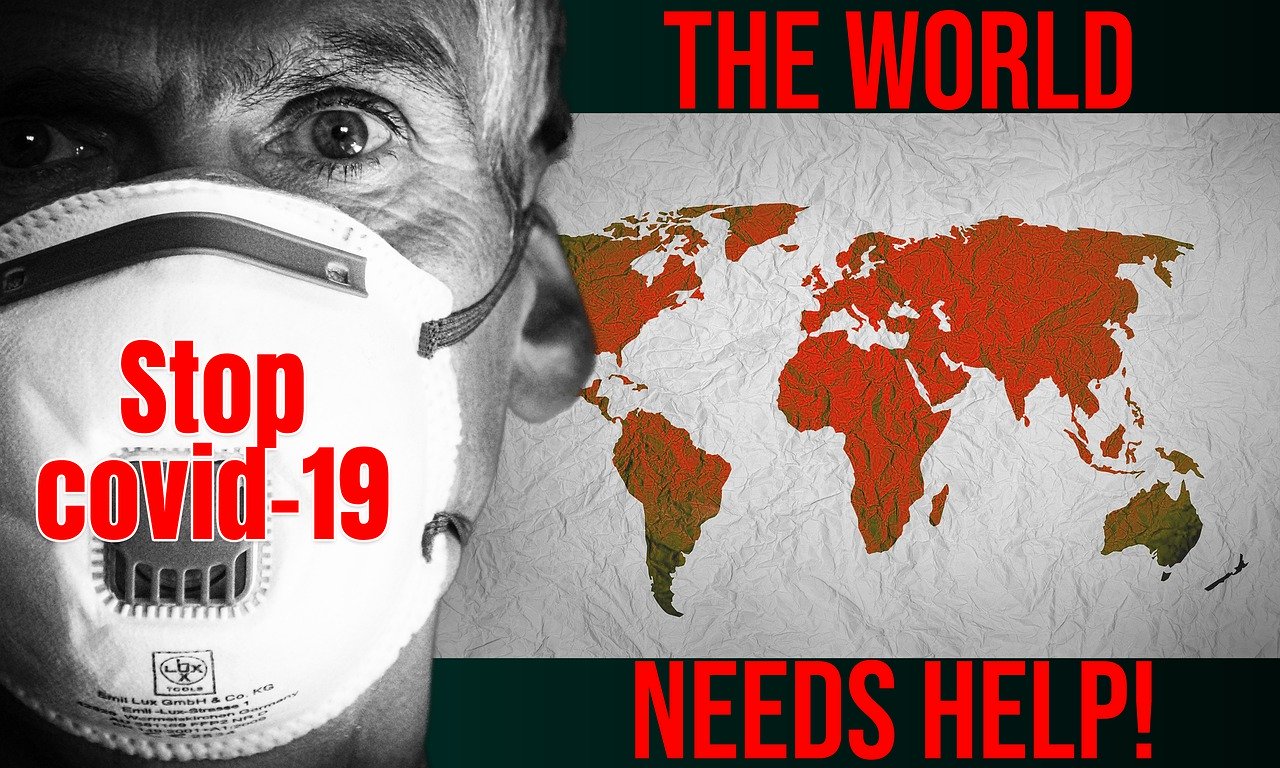5 Ways COVID-19 Is Affecting Search Traffic & How SEOs Can Respond
COVID-19. It’s been decades since the world was so engrossed by a single issue. Not even the 2007-2008 Global Financial Crisis captured the public imagination as much as the COVID-19 pandemic has. COVID-19 not only endangers public health around the world but is also causing the loss of millions of jobs. It’s affecting industries across the board and the world of search engine optimization (SEO) has not been spared.
Quick Links
SEOs must recognize the impact the coronavirus is having on search queries and adjust their strategies accordingly. Here are 5 ways search traffic is changing.
1. Traffic to Sites Selling Toiletries and Essentials is Skyrocketing
There’s been a mad dash by for toilet paper, hand wipes, surgical masks, hand sanitizers and thermometers. All of these are deemed crucial for reducing the risk of coronavirus infection. So enormous is the traffic that product shortages around these essentials are becoming the norm.
In their desperate attempt at accessing fast diminishing inventories, consumers are turning to more specific queries such as ‘hand sanitizer near me’ or ‘toilet paper near me’. There’s also a significant uptick in queries relating to indoor fitness and working from home. On the other hand, the demand for essentials is accompanied by lower traffic and queries for non-essentials such as makeup.
SEOs should consider segmenting e-commerce pages by creating a ‘COVID-19 essentials’ section based on search traffic. They should identify the most effective anchor text for their backlinks by using tools such as linkio.com.
2. Health and Wellness Traffic is Surging
COVID-19 is, after all, a health issue before anything else. As a new illness, there’s widespread hunger for information on symptoms, treatment, and prevention. It’s still not clear what kind of conventional medication can work so there’s rising interest in natural and home remedies. You are looking at queries such as ‘antiviral foods’, ‘antiviral herbs’ and ‘antiviral oils’.
In recent years, Google has come down hard on websites that offer medical advice. It holds them to a high standard. That’s meant to prevent the viral and dangerous spread of misinformation. What should SEOs therefore do? Clearly, just publishing any kind of medical advice will not cut it. Search optimization efforts must be buttressed by solid research and meticulous referencing. That has to be done while paying attention to the content’s readability for the person who is not a healthcare professional. BetterHelp offers a wide variety of easy-to-read articles reviewed by licensed professionals that are backed by research. Learn more about health and wellness, such as the difference between sadness and depression, in this article from BetterHelp.
3. Traffic to Recipe Sites is Increasing Significantly
While recipe queries aren’t growing as fast as essentials and health and wellness, there’s a significant increase in traffic. This is likely because of the lockdown and work-from-home that’s taking root around the world. Going to a restaurant for lunch is no longer a viable option so more people are having to cook from home. The rise in the number of meals taken at home is triggering a quest for diversity so as to avoid eating the same type of meals repeatedly.
There are countless recipe sites out there. Therefore, SEOs who want their content to stand out should use Google’s recipe structured data. That way, your recipe will be captured in relevant search queries and, if it makes to the top results, be summarized on the Google search window. For many people working from home, meal preparation time may be severely constrained. Consider focusing on meals that have few ingredients and can be prepared quickly.
4. Traffic to News Sites is Exploding

Source: Pixabay.com
It’s a pandemic. Of course, people will be scouring news sites to establish the most recent developments. So much is changing so fast. Countries banning international flights, cities imposing dusk-till-dawn curfews, emerging hotspots popping up across the globe, the tumbling stock markets and the WHO publishing the latest events as they happen.
SEOs should prioritize visual summaries such as infographics and dynamic maps. Such content communicates key highlights quickly and is also more likely to go viral. Also, publisher SEOs should work on the basics such as ensuring AMP pages are error-free, pointing search crawlers to the latest pages, gauging where the public interest is mostly focused at any given time and crafting evergreen content that will survive seasonal volatility.
Check out these two podcast by Dragon Digital Marketing: Coronavirus. How To Save Your Business from the Crash! and Coronavirus. What Small Businesses Must Do To Survive!
5. Restaurant Queries Are Changing
Restaurants have taken a major hit from COVID-19. Lockdowns and limited operations have drastically reduced foot traffic. Many have had to shut down indefinitely. However, there’s been a steady rise in queries relating to meal delivery services such as UberEats as well as curbside pickup alternatives.
For SEOs working with restaurants that have closed, don’t remove the hours from the restaurant’s Google My Business listing. Doing so would see the business marked as Open Now which is misleading. Instead, use Holiday Hours to indicate the restaurant is closed.
The world of search queries is in a constant state of flux in the wake of COVID-19. Still, SEOs can use this information to ensure they’re catering to the public’s quest for information and products.
Essential Skills for AI-Driven Digital Marketing
Digital marketing is changing a lot. Artificial intelligence (AI) is becoming really powerful and…
0 Comments10 Minutes
A Handbook for Crafting Outstanding Email Automation Plans
Email marketing is an essential tool for communication in digital marketing platforms. Managing…
0 Comments8 Minutes
Branding – What It Means for Your Business
Every single one of us has our own personal brand. Unique to each of us, this lies in who we are…
0 Comments5 Minutes
How to Create a successful SEO campaign, without an SEO agency
The quest for industry-leading SEO can be as financially draining as it is profitable. Despite its…
0 Comments8 Minutes
Safeguarding the Digital Realm: The Role of Machine Learning in Cybersecurity
The digital realm, an expansive network of interconnected devices and data, forms the foundation…
0 Comments8 Minutes
8 Strategies for Protecting Data and Preserving Brand Reputation
Processing and collecting sensitive data are now common practices as businesses depend more on…
0 Comments8 Minutes
Best Instagram Marketing Strategies For Small Businesses 2024
The number of Instagram users is projected to hit 1.4 billion globally by the end of 2024. This…
0 Comments14 Minutes
Friend or Foe for AI-Content? Decoding the March 2024 SEO Algorithm
The dynamic SEO environment continuously challenges marketers. The March 2024 update, cloaked in…
0 Comments8 Minutes
4 Comments
Comments are closed.









Thanks for sharing this article. It is indeed a tough time for everyone. Glad you come up with ways on how SEOs can respond to the traffic. Keep sharing more.